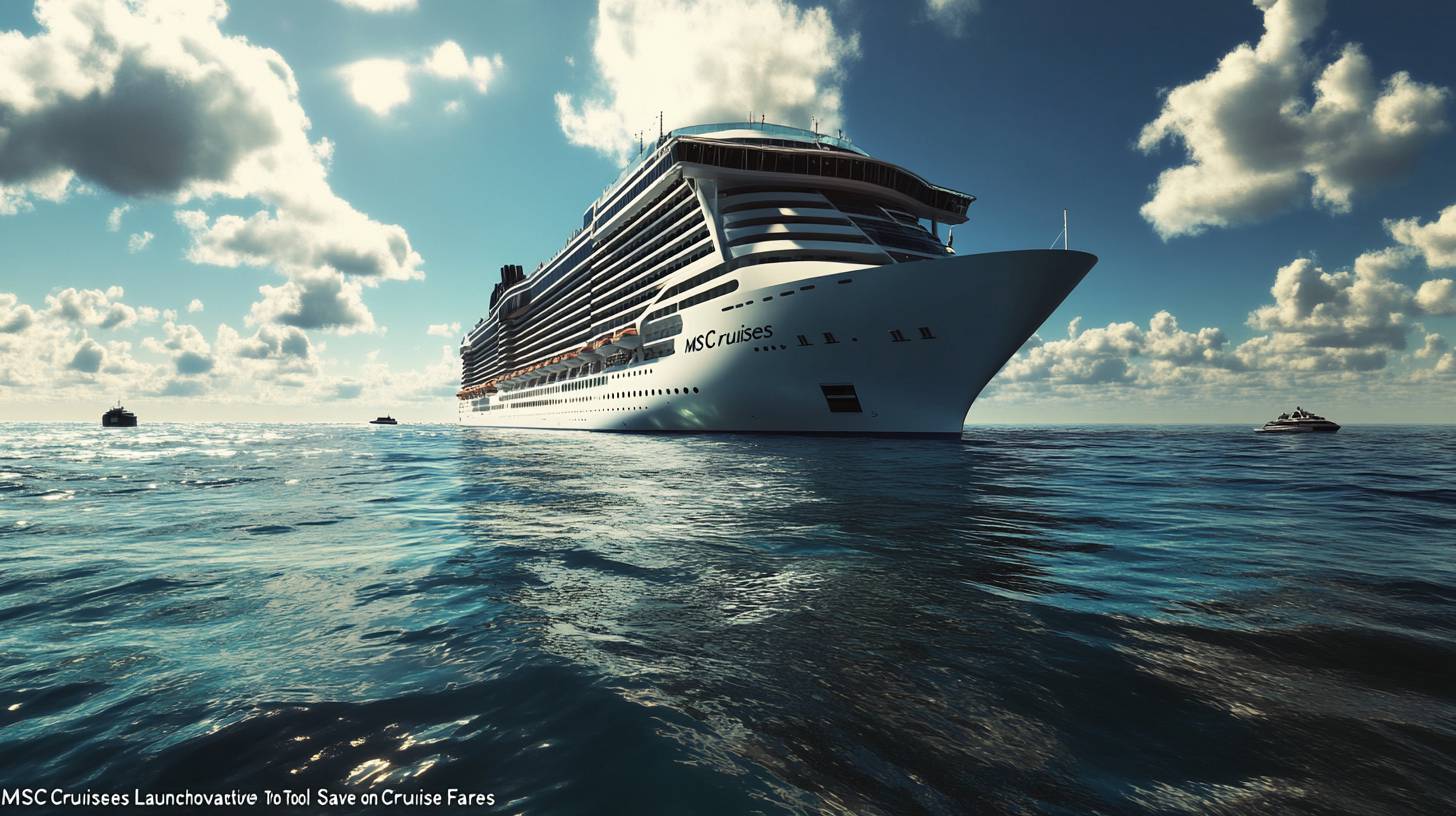
Competitiveness in Cruise Pricing and Market Strategies
The pricing of cruises is significantly shaped by the dynamics of demand. When a specific ship or route gains popularity, prices can soar quickly. Conversely, during periods of lower demand, cruise companies modify their pricing tactics to align with various business goals. Some operators, concerned about compromising their brand’s value, steer clear of heavy discounting or promotional campaigns to fill their ships.
In contrast, other cruise lines, like MSC Cruises, have chosen a more aggressive pricing strategy, particularly in regions where they aim to expand their footprint. In the United States, for instance, MSC Cruises often offers prices lower than those of competitors such as Royal Caribbean, Carnival, and Norwegian, providing better deals for similar-sized vessels. This approach is typically complemented by additional incentives, including free drink packages and WiFi, further bolstering the appeal to customers.
This pricing tactic is particularly relevant for Australian businesses, especially as MSC Cruises grows its presence worldwide. The competitive pricing model could sway broader trends within the travel and tourism industry, where firms might need to find a balance between competitive pricing and sustaining brand reputation. Furthermore, the capacity of cruise lines to reduce their prices often correlates with their operational expenditures. For example, falling fuel prices can lead to lowered operational costs for running cruise ships, enabling operators to maintain competitive rates without compromising on profitability.
Advancements in Technology and Sustainability in the Cruise Industry
MSC Cruises is leading the way in the adoption of technological innovations aimed at boosting operational effectiveness and eco-friendliness. One of the standout advancements is OptiCruise, an advanced tool for itinerary optimization. Developed in partnership with OPTIMeasy, a research organization associated with the University of Genoa, OptiCruise utilizes a complex mathematical model to enhance cruise operations. This tool evaluates multiple factors affecting itinerary planning, including fuel usage, weather patterns, and port logistics, to optimize efficiency while preserving or even improving guest satisfaction.
From a business standpoint, the ramifications of such technology are profound. By minimizing fuel usage and emissions, MSC Cruises is not only establishing itself as a pioneer in sustainable tourism but also reducing operational expenses. Michele Francioni, Chief Energy Transition Officer at MSC Cruises, indicated that the rollout of OptiCruise is anticipated to decrease fuel consumption and emissions by 10%-15% across their fleet by 2026. This is a notable statistic, especially given the rising fuel prices and the increasing regulatory demands on firms to lessen their carbon impact.
For Australian enterprises, particularly within the travel, tourism, and logistics industries, MSC Cruises’ approach presents critical insights. The merging of technology to enhance both sustainability and cost-effectiveness is a trend that could be mirrored in various sectors. As Australian companies encounter intensified demands to reach environmental objectives, the adoption of similar optimization technologies might offer a competitive advantage, lowering operational costs while aligning with sustainability aspirations.
Additionally, the wider implications for the Australian market should be acknowledged. As MSC Cruises continually innovates and fine-tunes its operations, the competitive pricing strategies made possible by these technological improvements could reshape the local travel and tourism environment. Australian firms might discover opportunities to partner with global entities like MSC Cruises or implement best practices from the cruise sector to enhance their operational efficiencies. Emphasizing sustainability alongside economic management will likely emerge as a crucial differentiator in the increasingly competitive international landscape.

